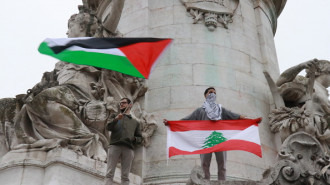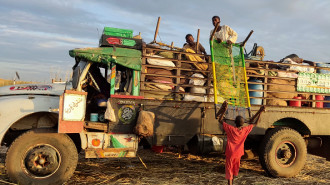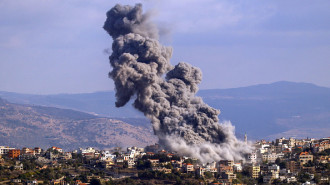Arab League summit cut short after Saudi-Egypt no show
The 22-nation summit to tackle the region's various crises was rescheduled to fit into just one day due to the absence of Egyptian President Abdel Fattah al-Sisi who stayed home because of "a busy domestic schedule" while “health reasons” proved it difficult for Saudi King Salman to attend, an Arab League source told AFP.
Sudanese President Omar al Bashir – who is wanted for genocide and war crimes by The Hague-based International Criminal Court – is among the Qatar, Kuwait, Yemen, Comoros, Djibouti, Lebanon and Libya heads of state at the talks.
Attending Arab leaders are to focus primarily on security and terrorism, mulling plans to establish a joint security force to tend to a region fraught with tension, notably in Libya, Iraq, Yemen, Syria and the Palestinian territories.
On Saturday, foreign ministers urged for a "definitive solution" to the Israeli-Palestinian conflict and welcomed a French and Egyptian initiative to help revive peace talks between the warring factions.
However ministerial talks between officials before the launch of the official summit suggested sharp divisions over attitudes towards the ongoing Saudi-Iran tensions, as well as over Turkey's incursions into Iraqi Kurdistan.
Kuwaiti Emir, Sheikh Sabah al-Sabah said of the Syrian conflict that the situation is an "escalating humanitarian situation" before noting a lack of progress in Yemen peace talks held in the Kuwaiti capital.
He also stressed that there is hope to engage all parties in political consensus, adding that situation in Iraq, Libya, Sudan and Somalia are also a major concern.
UN envoy to Yemen, Ismail Ould Cheikh, who has attempted to resolve the conflict between Yemen's warring factions for several months, stressed that "dialogue is the way to bring peace to countries torn by war."
Ould Cheikh also weighed in on the Israel-Palestine conflict stating the "prospect for a two-state solution are dwindling."
Meanwhile, President of the Republic of Chad and President league of the African Union, Idriss Deby, said "Arab countries are facing major challenges," before adding that "you cannot build a future for the peoples If there are no promising prospects ".
He continued stating "the situation in Iraq, Syria and Yemen are unacceptable, and led to violent terrorism", noting "the victims of these situations are innocent civilians."
In Africa, leaders are "preoccupied with the Libyan and Somali crises,” Deby said, noting the “impact has reached into Africa".
The establishment of a "joint Arab force. Is a good initiative,” he suggested. “The African continent has established a similar body to cope with conflicts and terrorism."
Last week, Arab foreign ministers agreed to support "all (initiatives) that can help to end the crises of the Arab world, especially the Syrian, Libyan and Yemeni conflicts", a statement said.
It is the first Arab League summit hosted by Mauritania since it joined the organisation in 1973.

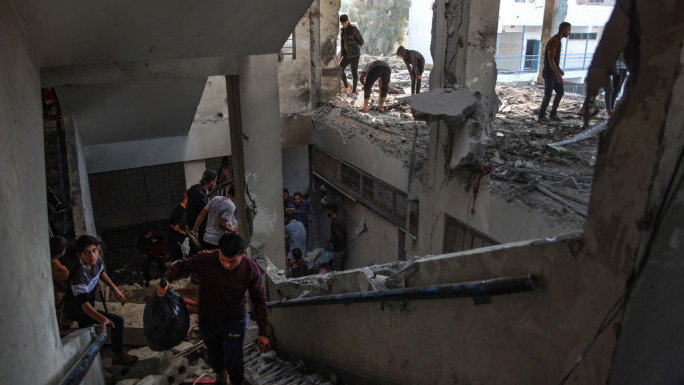
![President Pezeshkian has denounced Israel's attacks on Lebanon [Getty]](/sites/default/files/styles/image_684x385/public/2173482924.jpeg?h=a5f2f23a&itok=q3evVtko)
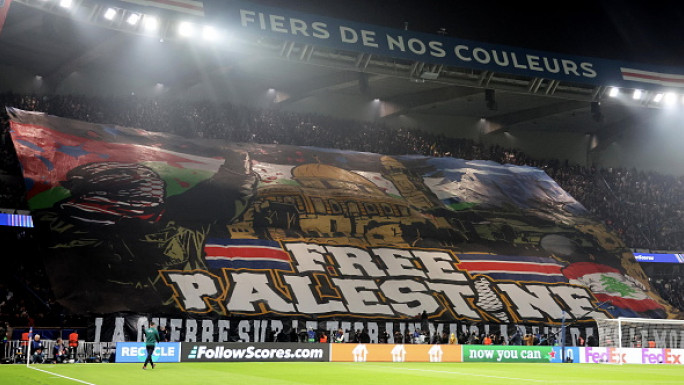
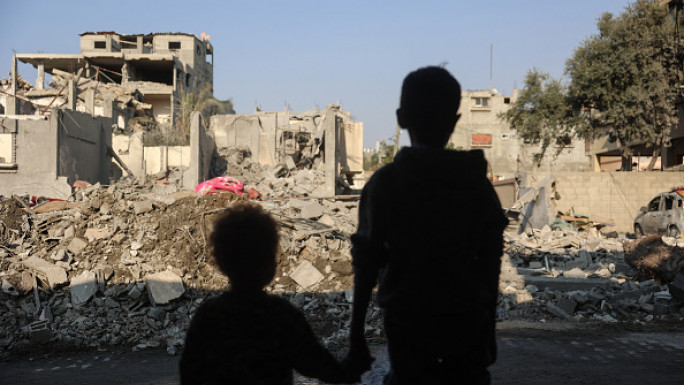
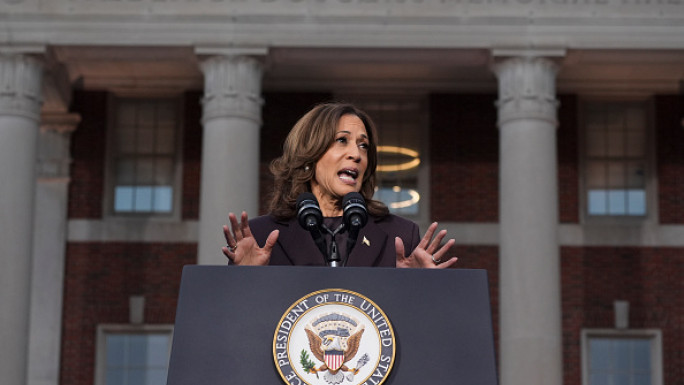
 Follow the Middle East's top stories in English at The New Arab on Google News
Follow the Middle East's top stories in English at The New Arab on Google News
